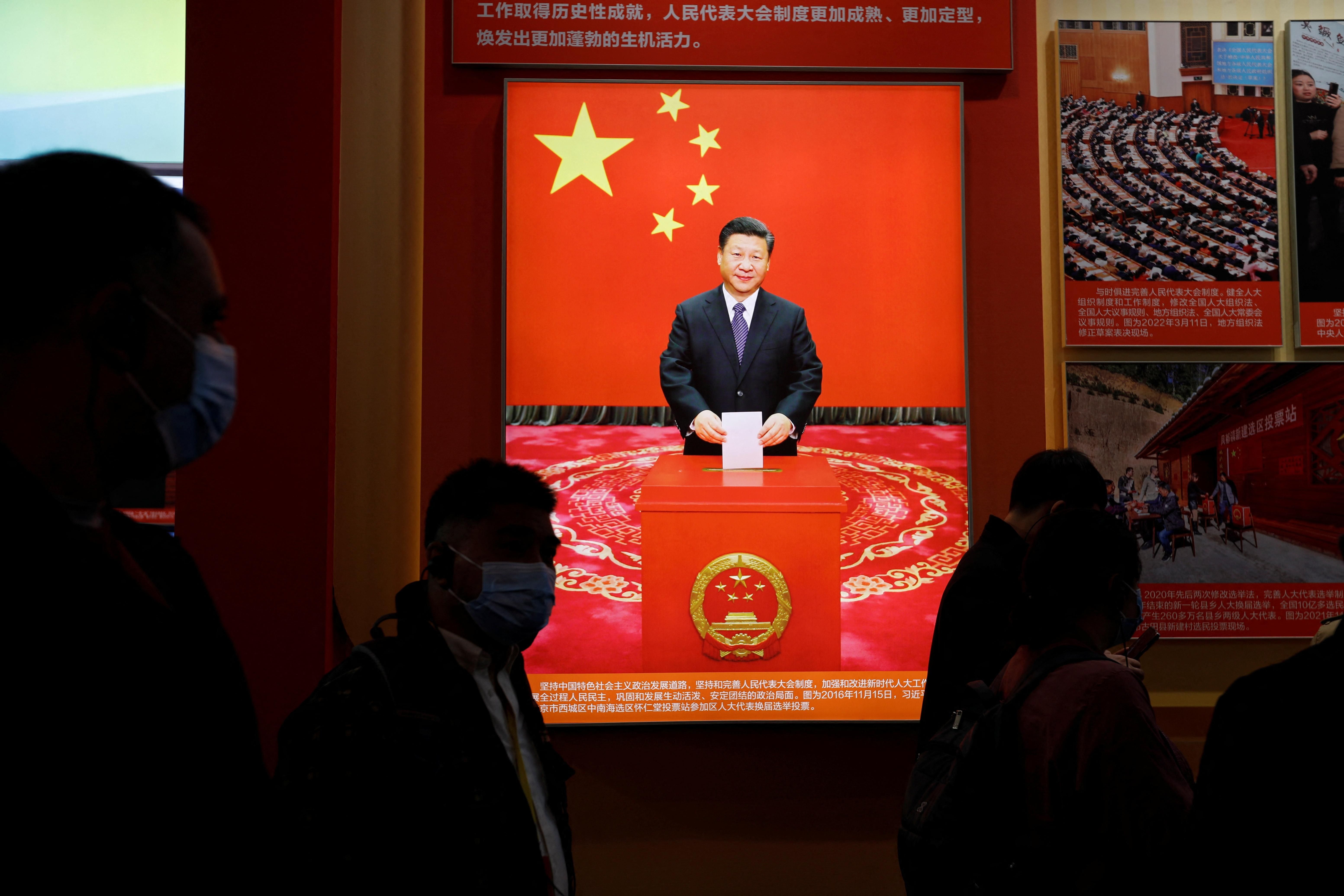China's party is having a party
China's ruling Communist Party kicks off its 20th Congress on Sunday. By far the most-followed event in Chinese politics, the CCP will give itself, as always, a (glowing) report card and lay out how it'll govern China until 2027. All eyes will be on Xi Jinping, a shoo-in to get a precedent-shattering third term as CCP secretary-general, paving the way for him to become China’s leader for life. What's more, Xi is also expected to adopt the symbolic title of “Helmsman,” putting him at the same level as Mao Zedong. Perhaps even more importantly, by the end of next week, we'll know the composition of Politburo's elite Standing Committee, whose seven members — including Xi himself — have the final say on major political, economic, and social issues. If the bulk of them are Xi loyalists instead of technocrats, that'll be a signal that he prioritizes political control over the structural reforms China needs to fix its big problems. Finally, keep an eye out for the order in which the seven men step onto the stage of the Great Hall of the People in Beijing. If none of them is in his mid-50s and stands close to Xi, that’ll mean he hasn’t picked a successor yet.
Biden to Venezuelans: Steer clear of Mexico border
Under a new US-Mexico agreement, undocumented Venezuelan asylum-seekers who are caught crossing into the US from Mexico
will be sent back across the border. At the same time, however, Washington will now grant temporary residence and emigration flights to 24,000 Venezuelans who have applied for asylum from their home country and have a sponsor in the US. Since 2018, six million have fled political repression and economic collapse in Venezuela, making it one of the world’s worst refugee crises. Many of them have undertaken dangerous journeys on foot through Colombia, Central America, and Mexico. Until now, Washington has allowed Venezuelans to remain in the US while their asylum cases were reviewed. But with
record numbers of undocumented migrants arriving at the US southern border, and midterms fast approaching, the White House is utilizing the
controversial Trump-era Title 42 provision that allows officials to swiftly expel migrants who arrive without papers.
This article comes to you from the Signal newsletter team of GZERO Media. Sign up today.
